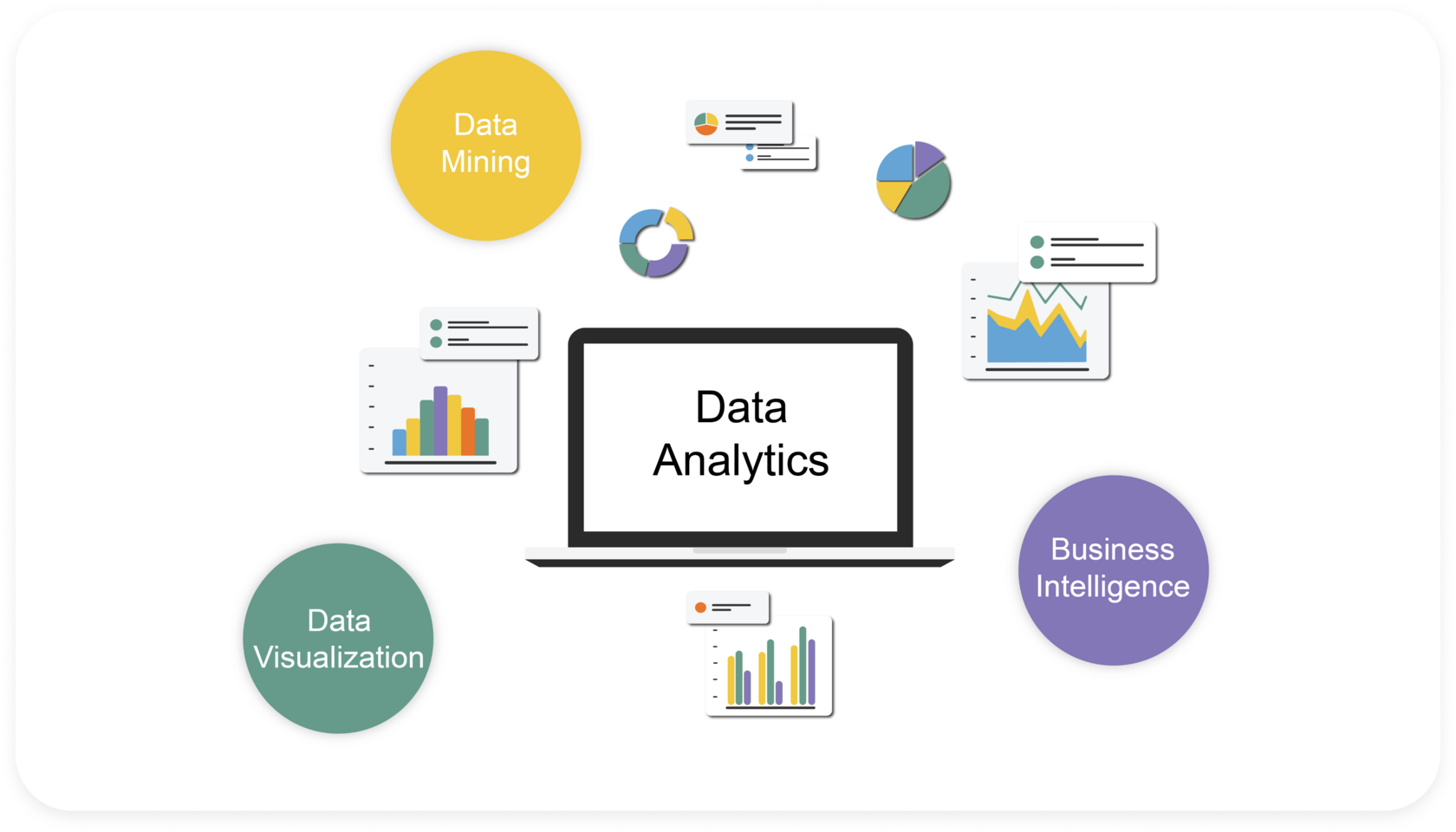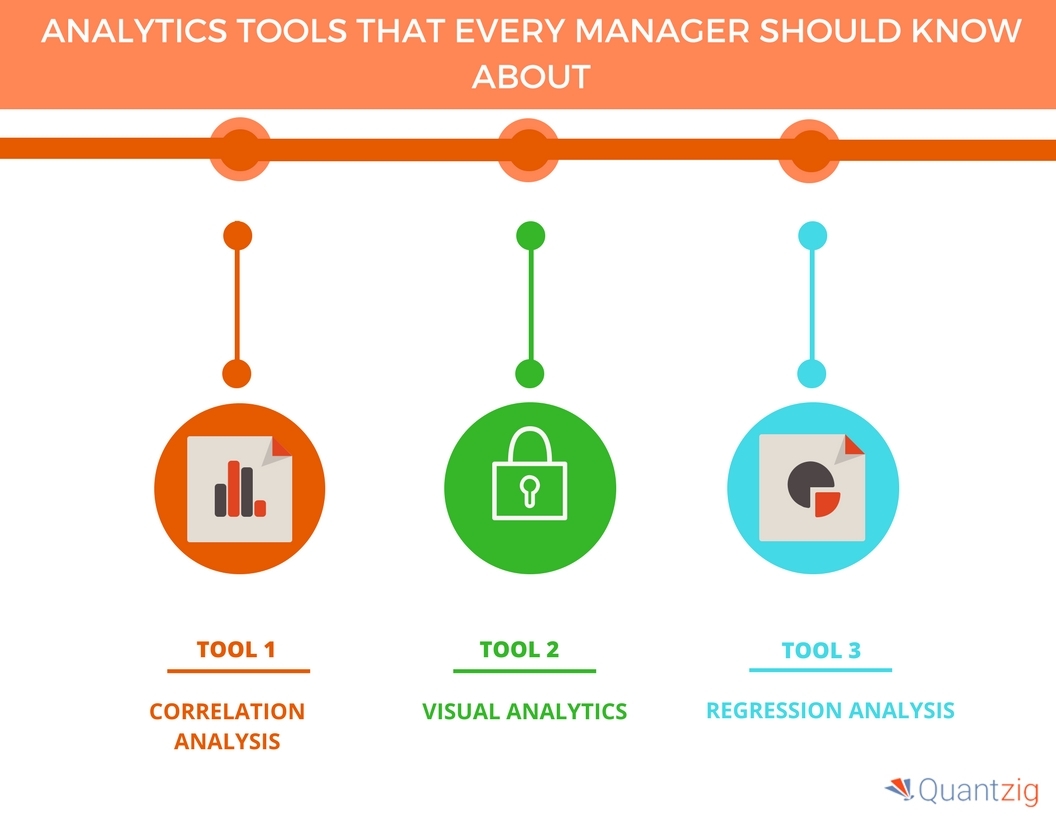Empower Your Team with Actionable Insights from Analytics
Empower Your Team with Actionable Insights from Analytics
Blog Article
Make The Most Of Growth: Exactly How Analytics Drive Better Approaches
In today's data-driven landscape, organizations increasingly recognize the crucial duty of analytics in forming effective development strategies. By harnessing data insights, companies can refine their functional approaches, expect market modifications, and improve consumer involvement. The challenge lies not just in collecting data yet in effectively interpreting it to drive concrete outcomes. As we check out the vital benefits and approaches linked with analytics, a vital inquiry emerges: just how can organizations ensure they are leveraging these understandings to open their complete possibility? The solution might redefine the future of critical planning.
Recognizing Information Analytics
Information analytics is an organized computational evaluation of information that enables companies to discover meaningful patterns and understandings. This process incorporates a range of techniques, including statistical evaluation, anticipating modeling, and information mining, which collectively aim to change raw data right into actionable info - Analytics. By utilizing these techniques, organizations can make informed decisions that are rooted in empirical evidence as opposed to intuition alone
The structure of data analytics hinges on its capacity to deal with substantial amounts of information from varied sources. This consists of organized information, such as databases, and unstructured information, including social media interactions and customer responses. Via the usage of specialized software program and devices, analysts can extract and refine this information successfully, determining trends and correlations that might not be immediately noticeable.
Recognizing data analytics also entails acknowledging the importance of data top quality and stability. Accurate and trusted information is crucial for purposeful analysis; hence, organizations must implement robust information governance techniques. The iterative nature of analytics permits for continuous improvement and renovation of methods, ensuring that organizations continue to be agile in the face of transforming market dynamics and customer actions.
Key Advantages of Analytics

One of the essential benefits of analytics is its capability to provide actionable insights. Organizations can rapidly evaluate large quantities of information, uncovering patterns that may not be promptly apparent. This helps in expecting market shifts and adapting techniques appropriately. In addition, analytics cultivates a society of evidence-based decision-making, lowering dependence on instinct and uncertainty.
Another substantial advantage is boosted consumer understanding. Analytics devices enable businesses to sector their target market, track consumer habits, and personalize marketing initiatives. This targeted method not just enhances client engagement yet also drives higher conversion prices.

Implementing Analytics Techniques
To totally realize the advantages of analytics, companies should take on structured methods for application. This begins with plainly specifying objectives that line up with more comprehensive service goals. By establishing certain, quantifiable outcomes, organizations can concentrate their analytics efforts on locations that produce the highest roi.
Following, companies ought to prioritize information administration to ensure the integrity and safety of the information being evaluated. This includes establishing procedures for information collection, storage space, and access while adhering to appropriate guidelines. Making certain top notch data is important for producing purposeful understandings.
In addition, fostering a culture of data-driven decision-making is vital. This needs training workers to translate analytics searchings for and encouraging partnership across departments. When teams comprehend the value of analytics, they are a lot more most likely to incorporate understandings into their everyday operations.
Last but not least, companies ought to routinely evaluate and fine-tune their analytics methods. The landscape of data and technology is continually progressing, and staying adaptable will permit organizations to leverage new devices and techniques successfully. By executing these structured approaches, companies can optimize the influence of their analytics efforts and drive sustainable growth.
Tools for Effective Analysis
Effective evaluation depends on a variety of tools that facilitate the removal of insights find this from information - Analytics. These tools can vary from simple spreadsheet applications to innovative device learning systems, each serving an one-of-a-kind purpose in the analytical procedure
Data visualization software, such as Tableau and Power BI, plays a critical function in changing intricate datasets into easy to understand visual depictions. These devices enable experts to recognize patterns and fads promptly, allowing for more enlightened decision-making.
Statistical analysis software application, like R and SAS, offers advanced abilities for performing in-depth analyses, including regression, theory screening, and predictive modeling - Analytics. These features equip organizations to attract meaningful conclusions from their data, determining prospective possibilities and risks
In addition, data source management systems such as SQL and NoSQL databases provide the required framework for storing and querying large volumes of data efficiently. They ensure that data is organized and available for analysis.
Lastly, company intelligence systems incorporate different information resources, supplying a detailed view of organizational efficiency. By making use of these devices successfully, services can enhance their analytical capabilities, allowing them to create methods that maximize development and boost overall performance.
Study of Success
Successful organizations frequently leverage information analytics to drive impactful methods, as confirmed by a number of significant situation studies. One noticeable useful site example is Netflix, which makes use of sophisticated algorithms to assess customer preferences and actions. By utilizing these insights, Netflix has actually effectively customized its content recommendations, causing enhanced user involvement and customer retention. Their data-driven approach has actually unquestionably added to their status as a leading streaming solution.

In addition, Starbucks employs data analytics to identify optimal store places and fine-tune its product offerings. By taking a look at consumer demographics and acquiring patterns, Starbucks effectively determines high-potential markets and customizes its food selection to neighborhood preferences, driving sales and read client commitment.
These study illustrate that effective usage of data analytics can result in calculated benefits, promoting technology and growth within organizations across numerous sectors.
Verdict
In conclusion, the integration of analytics into business methods significantly boosts decision-making processes and fosters lasting growth. The reliable application of analytics tools additionally supports agility and development, making it possible for organizations to browse competitive landscapes with better precision.
Data analytics is a systematic computational analysis of information that allows companies to uncover significant patterns and insights.Recognizing data analytics likewise involves acknowledging the relevance of data high quality and integrity. Exact and trusted data is vital for significant evaluation; thus, organizations need to carry out durable data governance methods.Following, organizations need to prioritize data governance to make certain the integrity and safety of the information being analyzed.Effective organizations usually leverage data analytics to drive impactful approaches, as evidenced by a number of remarkable instance studies.
Report this page